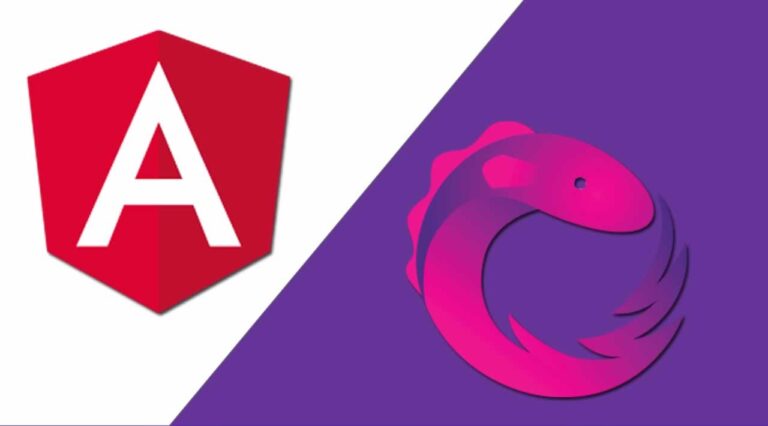Will Signals replace RxJs?

When Angular Signals were first introduced, many developers wondered: Will this make RxJS obsolete? The short answer is no — RxJS still has its place, especially for complex event streams and reactive workflows. However, for many common use cases, Signals provide a simpler alternative, making RxJS optional and, in many cases, unnecessary. If you’re looking to stay ahead in this shift, learning from the best Angular academy in Kerala or enrolling in the best Angular course in Thrissur can help you master both Signals and RxJS effectively.
Interestingly, the Angular team has hinted that Observables may become optional in the future. That said, for RxJS to truly become optional, Angular needs new APIs that don’t rely on Observables. Currently, many built-in Angular APIs, such as HTTP requests and router events, return Observables by default. Until these APIs offer alternative ways to work with Signals, RxJS will continue to be a key part of Angular development.
Where RxJS Still Shines
Signals have introduced a fresh way to handle reactive state in Angular, providing a more predictable and simplified reactivity model. However, when it comes to complex event handling, RxJS remains the go-to tool.
Signals or RxJS?
Signals introduce exciting new possibilities and may replace RxJS in certain cases. However, RxJS remains invaluable for many advanced scenarios. Instead of choosing one over the other, the best approach is to leverage both tools where they fit best.
If you want to master these modern Angular concepts with real-world training, the best Angular academy in Kerala offers hands-on learning that bridges Signals and RxJS. For students and professionals near Infopark, Aitrich Academy provides the best Angular course in Thrissur, ensuring you gain practical skills for the future of Angular development.












